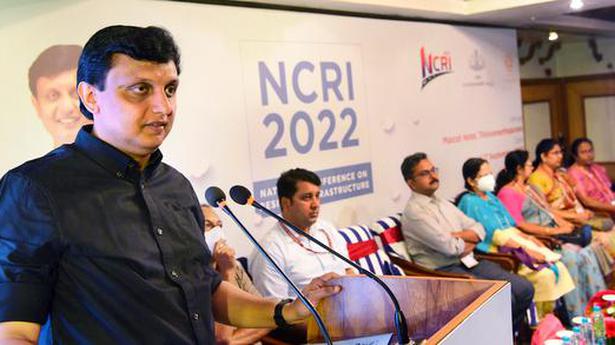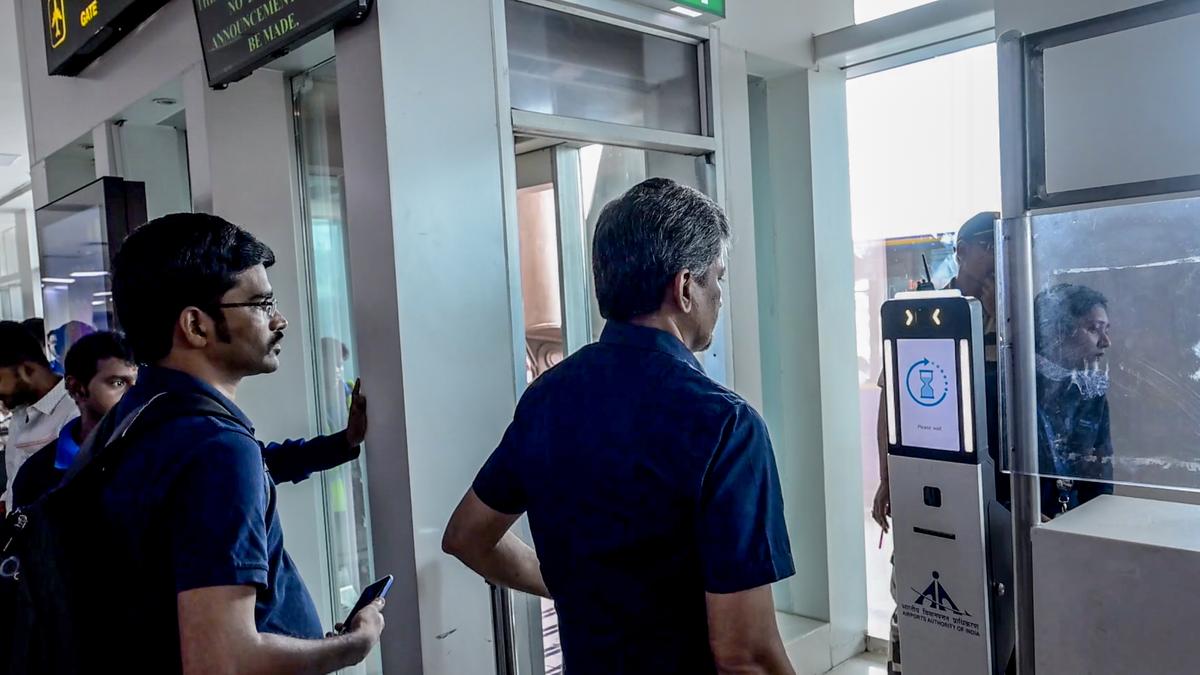A gradual erosion of independence is the most serious challenge facing the Indian judiciary, activist-lawyer Prashant Bhushan has claimed.
Delivering a lecture here on Saturday, he said “the lure of post-retirement jobs” influencing “pre-retirement judgments” had been there for long.
Another problem affecting the independence of the judiciary was the government’s role in appointing judges. “The present government has adopted a new system to make a mockery of the collegium system to appoint judges. The collegium makes a recommendation, let’s say of 10 judges. The government likes only three of them, and they will issue a notification about the three and keep the other names pending. Sometimes for several years. When the Chief Justice of India [CJI] follows it up with the government, eventually, they are sent back saying these names are not acceptable,” Mr. Bhushan said.
Even if the collegium unanimously reiterate those names, notifications are not being issued for their appointment, as per law, for years. “Unfortunately the court is not using the threat of sending a mandamus, a judicial writ, to the government saying if you don’t issue the notification, we will send the Law Minister or Law Secretary to jail,” he said.
Mr. Bhushan claimed that the government would have a dossier on every judge. “If they find anything which can be used to influence that judge, a sexual harassment case or a CBI case, then that is used. If that judge happens to be the CJI, half the judiciary is under the control of the government,” Mr. Bhushan said. Because it is the CJI, as the master-of-the-roster system, decides which case would be heard by which bench. “It is totally an undemocratic and wrong convention. All the politically sensitive cases shall be sent to a judge who will decide in favour of the government. There is a fear factor also operating, about judges anticipating arrests,” he added. The event was organised by the Calicut Bar Association.






